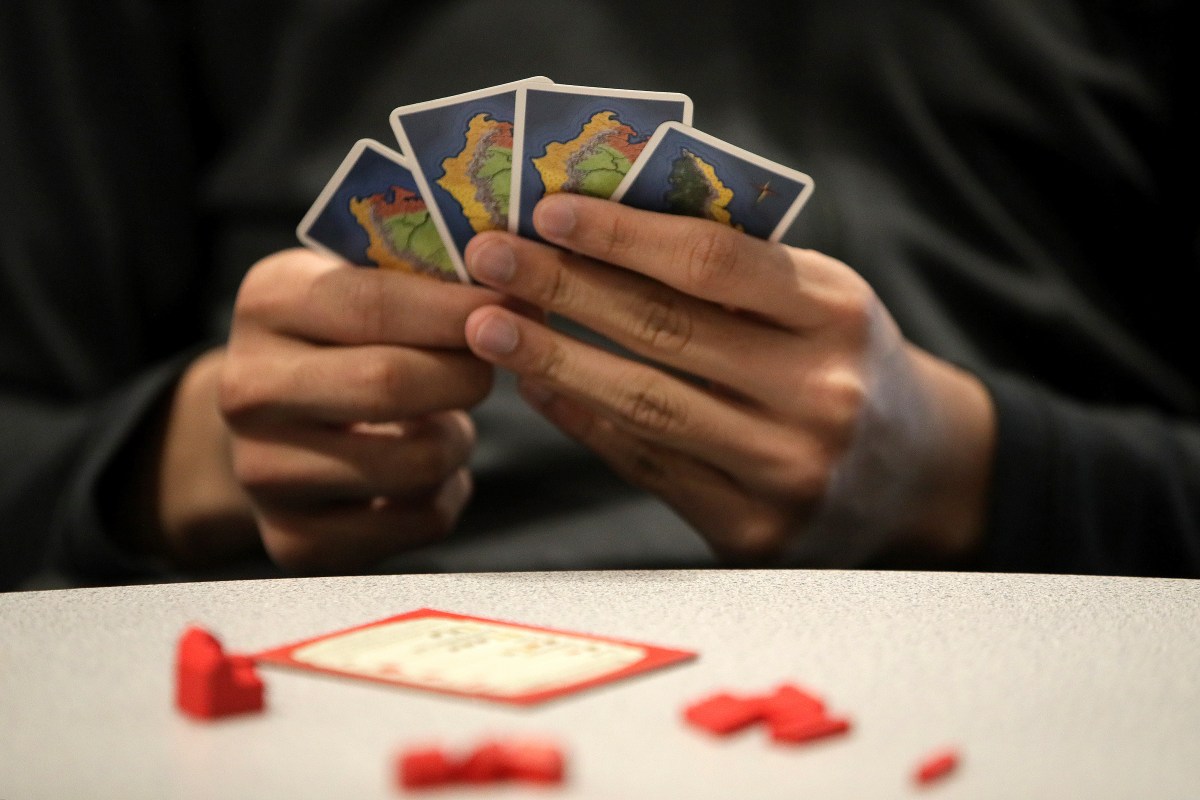Board game designer Klaus Teuber, the creator of Catan, died earlier this month. The German was 70 years old, and leaves behind an indelible legacy — four Spiel des Jahres (Game of the Year) awards, 40 million copies of his classic game sold throughout the world and a pitch-perfect quote on how he managed to achieve so much success.
An erstwhile dental lab manager who never liked his job, yet always the old-school hobbyist (Teuber’s favorite subjects in school were geography and history), he chalked up Catan’s triumph to a “good balance between strategy and luck.”
In the few years before Teuber passed, Catan enjoyed a pandemic-induced renaissance. If you didn’t order the game during that period (or have it collecting dust somewhere in the house) we recommend grabbing one and getting a game together.
Not just to pay your respects to a life well-lived — but to live your life with a little more purpose, too.
How to Lower Your Resting Heart Rate Below 60 BPM
Make like an elite athlete and slow down your tickerCatan is a game about competing for resources — wool, grain, lumber, brick and ore — and building settlements (its original title was The Settlers of Catan). Obtaining those resources does indeed rely on a good balance between strategy and luck; making smart settlement decisions and relying on occasional fortuitous rolls should help you get what you need.
But there’s a critical social component, too. Players (three to four to a game with the classic edition) can talk constantly throughout the 45 minutes or so that it takes to complete a game. What do you have? I’ll trade you two sheep for some wood. I’m desperate. Opposing players can barter, they can acquiesce, they can tease.
One of Teuber’s peers, named Richard Dansky, once wrote of Catan: “It’s a hardcore game and a light social pastime and everything in between, a laboratory where I can test a hundred different play styles and a genuine reason to invite friends over.”
It isn’t particularly surprising that as pandemic pods formed in the spring of 2020, people latched onto board games — and a game like Catan, in particular. Very few media are capable of making us feel challenged and connected at the same time. Pick your buzzy wellness epithet: Catan is a cognitive-boosting, cortisol-lowering mindfulness cocktail, where the stakes feel high but couldn’t be lower.
We know solving puzzles is good for the brain. People who regularly play board games are more likely to score well on thinking and memory tests later in life. But a board game habit is good for the heart, too. It’s the perfect excuse to crack a beer and crack a lot of jokes, until it’s time to pack it back up…some swearing vengeance the following Sunday.
Even Teuber had a game — Doppelkopf, a trick taking card game, he’d faithfully play with three other friends. “For more than 40 years now, I play it regularly with old school friends,” he’s quoted as saying. Maybe your game isn’t Catan. (We think you’ll like it a lot.) But find one. And play it as much as you can, for as long as you all can.
Photo courtesy of Grand Mondial Casino.
Whether you’re looking to get into shape, or just get out of a funk, The Charge has got you covered. Sign up for our new wellness newsletter today.


















